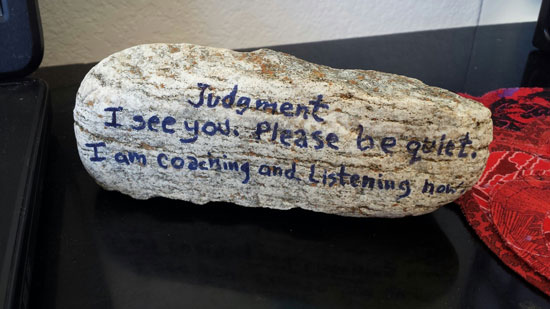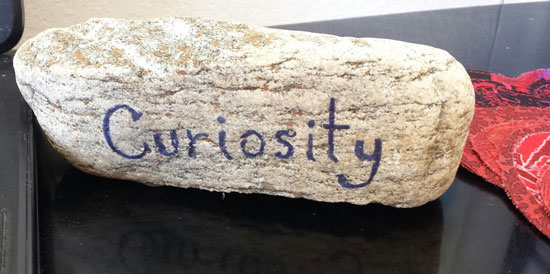With Merci Miglino, PCC
Understanding the differences between judgement and observation is key to masterful coaching. Easier said than done as we often don’t realize we are in judgement. Letting go of our opinion and being more observant are practices that can greatly enhance your ability to effectively coach.
A judgment is rendering an opinion.
A judgement says, “I think this, about that.” And in coaching, we want to stay squarely in the observing posture. One of the reasons people hire coaches is to get that objective opinion and with least judgment, because often they are doing the judgment all by themselves. They don’t need another person to judge them.
So what does this look like? Let’s say, you have a client whose name is Peter and he comes to you, and he’s having some difficulty getting his team to contribute. They don’t voice opinions, they don’t give him feedback and so he is frustrated. Now a judgment would be:
Wow, your frustration…I hear your frustration and I think it’s coming from the fact that you are frustrated with your team and therefore they are reluctant to speak up.
That’s a judgment.


*Images kindly supplied by Kathryn Grohusky